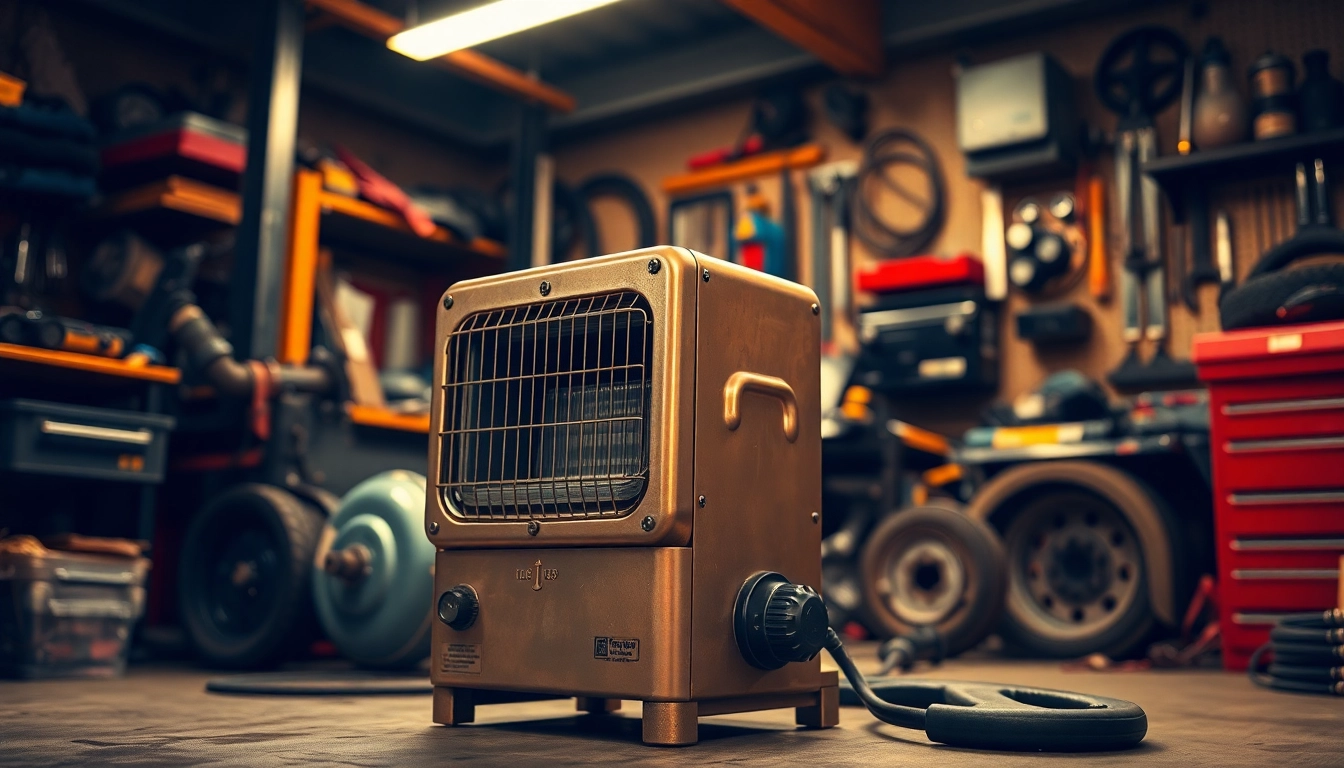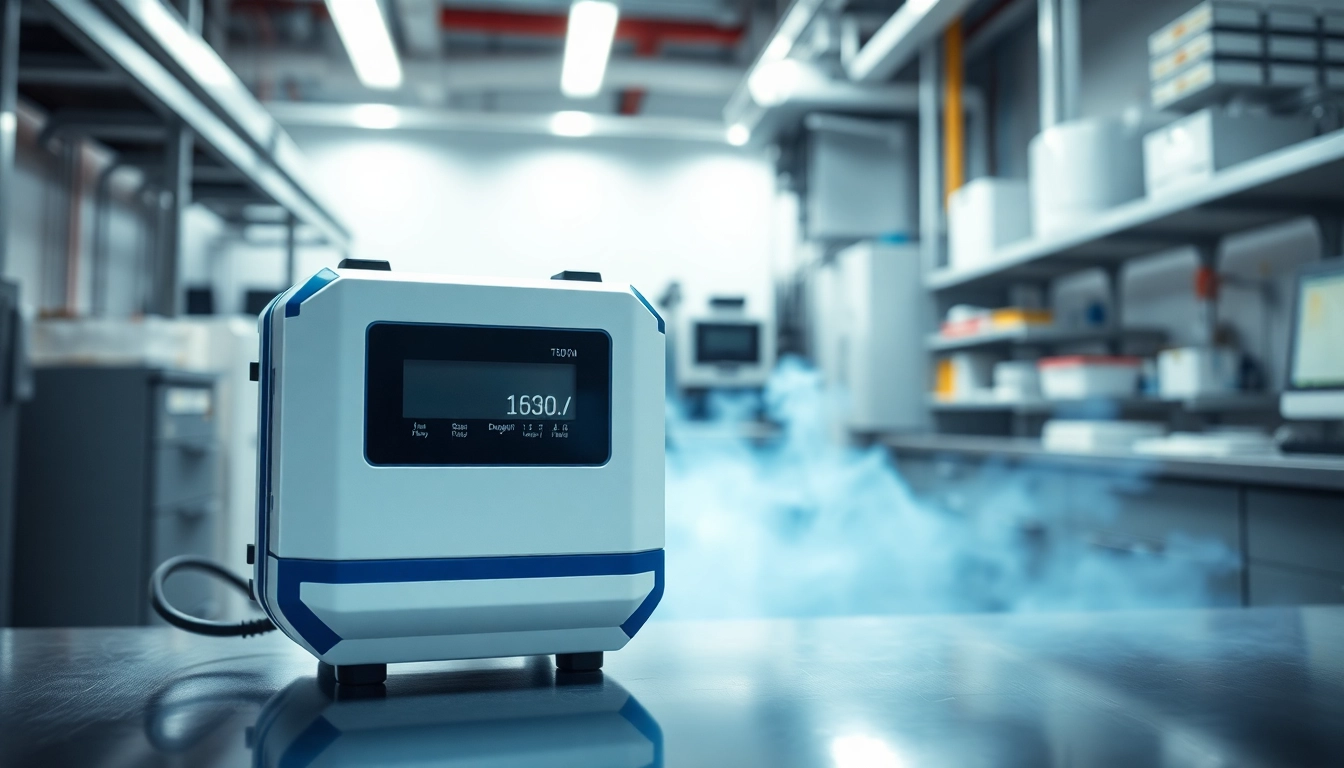What is a Diesel Block Heater?
Definition and Function
A diesel block heater is an electrical device designed to warm the engine block and various components of a diesel engine while it is not operating. Typically installed in extremely cold climates, it ensures that the engine remains at an optimal temperature, making it easier to start and reducing wear on engine components.
When temperatures plummet, diesel engines can struggle to start due to the thicker viscosity of diesel fuel and lubrication oil. A diesel block heater addresses these issues by heating the engine block and coolant to improve engine performance and efficiency. More than just a convenience, it’s an essential tool in ensuring reliable starts in cold weather and contributes to the longevity of the engine.
How Diesel Block Heaters Work
Diesel block heaters typically function by utilizing electrical resistance to generate heat. They are usually installed in various locations including the engine block, oil pan, or coolant passages. When plugged into a standard electrical outlet, these heaters begin to warm specific fluids—engine oil or coolant—within the engine. The heating process thaws any solidified oil, reducing engine wear during start-up.
Most diesel block heaters come with specific wattage ratings, often between 300 and 1500 watts. The higher the wattage, the faster the engine warms; however, for most practical purposes, a heater rated around 600 to 900 watts is sufficient for most applications during subzero conditions. The reality of their operation means you can simply plug them in for several hours prior to starting your engine, ensuring it starts reliably when you need it most.
Benefits of Using Diesel Block Heaters
The advantages of using a diesel block heater extend far beyond just starting ease. Here are some key benefits:
- Improved Starting: The primary benefit is the improvement in starting performance during frigid temperatures. Diesel engines rely heavily on correct combustion, and a pre-warmed engine ensures smoother ignition.
- Reduced Engine Wear: Cold starts significantly increase wear on engine components. By keeping the engine warm, a block heater reduces friction and wear caused by cold, thick oil.
- Enhanced Fuel Efficiency: A warm engine runs more efficiently, promoting better fuel economy and performance.
- Less Emission and Noise: Starting a cold diesel engine tends to produce more emissions and noise. Utilizing a block heater mitigates these issues.
Choosing the Right Diesel Block Heater
Factors to Consider
When selecting a diesel block heater, various factors come into play:
- Wattage: Consider how quickly you want the heater to warm up the engine. A higher wattage generally means quicker heating.
- Compatibility: Ensure the heater is compatible with your specific diesel engine model. Most manufacturers will list compatible models.
- Installation Type: Some block heaters are easier to install than others. Consider whether you can install it yourself or need professional assistance.
- Durability: Look for heaters that are built to withstand extreme temperatures and moisture. Quality materials can prolong the lifespan of the heater.
Types of Diesel Block Heaters
There are several types of engine block heaters to consider:
- Traditional Block Heaters: These are often installed in the engine block and directly heat the engine coolant.
- Oil Pan Heaters: These heaters are placed directly in the oil pan, warming the oil and ensuring better lubrication.
- Coolant Heaters: Primarily designed to heat the coolant that circulates through the engine block.
- Heating Pads: These electrical pads can be affixed to various parts of the engine for localized heating.
Brand Comparisons and Recommendations
When recommending specific brands and models, each has its own pros and cons. Some reputable brands include:
- Zerostart: Known for a wide variety of block heater models, highly regarded for their efficiency and durability.
- Kat’s Heaters: Offers a range of heater types, including oil pan heaters and block heaters, suitable for various diesel engines.
- FrostPlug: Engineered specifically for extreme cold weather and extensively used across many diesel applications.
Installation Tips for Diesel Block Heaters
Tools Required for Installation
Successful installation of a diesel block heater generally requires a few standard tools:
- Socket set: Typically, a ratchet and socket set will be necessary for removing and replacing parts on the engine.
- Screwdriver: Phillips and flathead screwdrivers may be required for some models.
- Torque wrench: To ensure all elements are tightened correctly without over-torquing.
- Sealant or Thread Tape: These may be required to seal the installation and prevent leaks.
Step-by-Step Installation Guide
- Position the Heater: Locate where on your engine block the heater needs to be installed. Most commonly, it attaches to the freeze plug or a threaded port.
- Prepare the Area: Clean the surface area to which the heater will attach, ensuring it is free of dirt and debris.
- Apply Sealant: Use sealant or thread tape on the threads of the heater to ensure a tight seal and avoid leaks.
- Attach the Heater: Using the appropriate socket, attach the heater securely to the engine block.
- Connect Electrical Wiring: Follow the manufacturer’s instructions to connect the heater to a power supply.
- Test the Heater: Once installed, plug it in and observe for any inner signaling lights that indicate proper function.
Common Mistakes to Avoid
Here are a few pitfalls to avoid during installation:
- Improper Placement: Installing the block heater improperly can lead to poor heating performance and possible damage.
- Over-tightening: Applying too much torque can strip threads or damage the engine block.
- Neglecting Electrical Safety: Always ensure that the unit is unplugged during installation to avoid electrical hazards.
Maintenance of Diesel Block Heaters
Regular Maintenance Practices
Maintenance of a diesel block heater isn’t overly complicated but does require regular checks:
- Visual Inspections: Regularly inspect the heater for any visual signs of wear or damage, such as fraying wires or cracks.
- Electrical Connections: Ensure that connections remain secure and corrosion-free.
- Function Tests: On occasion, test the heater by plugging it in and ensuring it heats properly.
Signs of a Failing Block Heater
It’s crucial to recognize when your block heater is not functioning as intended:
- Cold Starts: If the engine is still cold after utilizing the heater, it may not be heating properly.
- Unusual Noises: Any unforeseen operational noise may indicate a malfunction.
- Electrical Issues: Flickering lights or blown fuses when the heater is plugged in can indicate defects.
Testing and Troubleshooting
If you suspect an issue with your diesel block heater, follow these testing steps:
- Check Power Supply: Ensure the outlet is working and verify that your extension cord, if used, is also functioning.
- Test Resistance: Using a multimeter, test for continuity in the heater’s electrical wiring. A reading of zero indicates a break in the circuit.
- Inspect Connections: Look for any loose or burnt-out connections that may hinder operational efficiency.
Conclusion: Maximizing the Benefits of Diesel Block Heaters
Recap of Key Advantages
In summary, diesel block heaters are indispensable for ensuring reliable and efficient engine performance during cold weather. They help improve starting efficiency, reduce wear, enhance fuel economy, and contribute to a more environmentally friendly operation.
Personal Experiences and Recommendations
Many diesel vehicle owners who have invested in a block heater report a significant difference in performance during the winter months. The ease of starting and the reduced engine noise cannot be understated, reinforcing the practicality of integrating these heaters for both daily driving and heavy-duty applications.
Final Thoughts on Diesel Block Heaters
As winter approaches, ensuring that your diesel engine can perform optimally is vital. A reliable diesel block heater is an investment that pays dividends through improved performance, reduced risks of cold start failures, and ultimately, a longer lifespan for your engine. Whether you rely on your diesel vehicle for work or play, having a block heater installed is a proactive step towards winter readiness.



